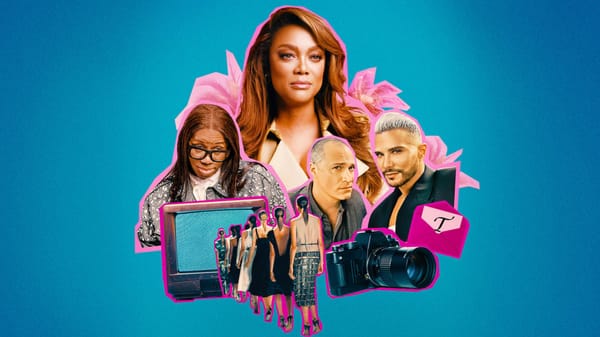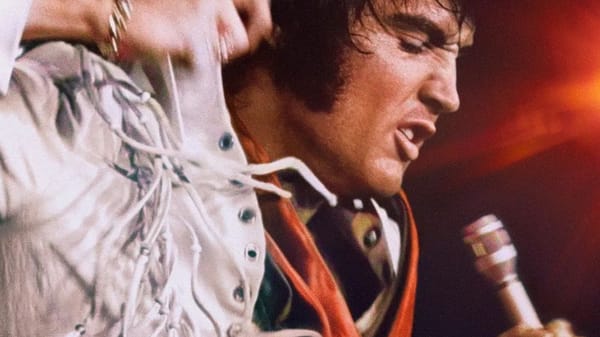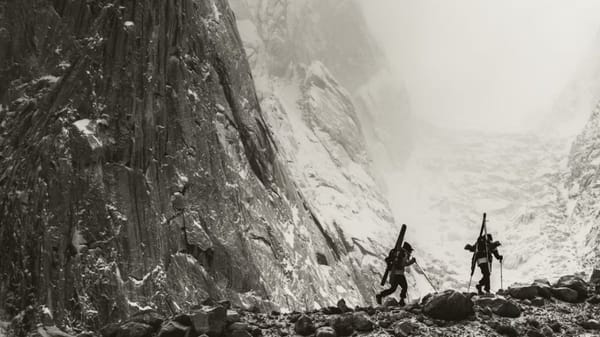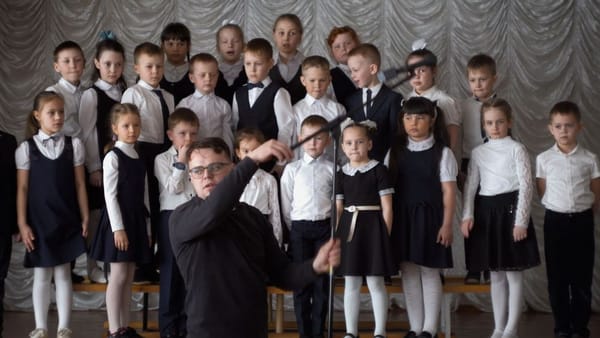Sydney Film Festival – Videoheaven (dir. Alex Ross Perry)
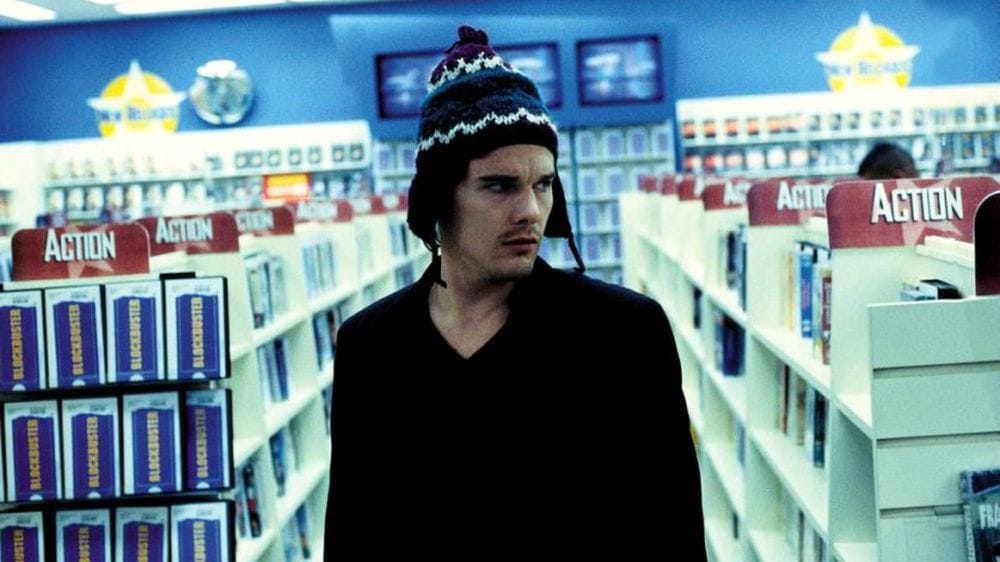
A visual essay about video stores playing at a film festival. What a concept!
You’ve got to be careful with a film like Videoheaven. Alex Ross Perry’s near-three-hour movie starts with Ethan Hawke in Michael Almereyda's Hamlet (aka Hamlet 2000!) reciting the famous "to be or not to be" monologue in a video store in, yup, the year 2000. Fun. A little cheeky. But does it set your audience up to expect… irony? Three hours of irony is a lot to take! It’s a very modern thing to dedicate so much time and resources to irony and it’s one of the internet’s worst traits. Like, look at these bozos. This thing that millions of people loved is slightly out of date, isn’t that just so kooky? Weren’t we all so dumb. I’ve seen enough movies that have done that very thing about pop music or so called 'bad' movies to cringe at the thought. Why would we want to watch three hours of that?
Turns out that much like Ethan Hawke soliloquising with gusto inside a Blockbuster, Videoheaven takes itself more seriously than you might expect. Oh, you think that clip is funny? It is actually a matter of life and death! It’s better than irony, that’s for sure, and I think it takes Perry’s film a remarkable distance. The way it mythologises its subject is like the way some people talk about baseball or Hunter S. Thompson or the original run of a Broadway musical. Here, video stores are the most serious thing in the history of mankind and 1977 is its big bang. I found it quite charming. I was able to shake off the inevitable bro vibes that I was worried about and enjoy myself—unsurprisingly, the man who made Her Smell and Listen Up Philip isn’t as single-mindedly obsessed with his own white male experience of the video era. In fact, I don’t even think The Goonies shows up once!
Perry has actually seamlessly transitioned into being something of a full-time documentarian. I have not seen them, but reports suggest Pavements and Ghost: Rite Here Rite Now are to be held in high esteem. Videoheaven takes the form of an elongated video essay. Although, I guess, if you’ve been on YouTube lately, 172 minutes it probably quite brisk! It may be just three minutes shorter than The Godfather, but it's 73 minutes shorter than that (admittedly quite fun) Star Wars Hotel video. It starts out strong and just keeps going for a good long while, throwing too many film clips at the wall to note them down while watching in the cinema. Interspersed with sitcoms (Seinfeld! Friends! That episode of Mad About You where they put the sex tape inside RoboCop 2!) and news footage—including local stuff, which was nice touch; video stores often were local—it navigates the history of video stores, their legacy and their meaning. Even more so than what video stores meant to us, Perry seems particularly interested in what video stores meant to characters in movies. The way they were often a social place on screen, mirroring yet amplifying the reality of those hallowed walls. Growing up in Australia with my local independents, my Blockbuster and my Video Ezy, I don’t think I ever really had the ‘nerd behind the counter’ experience quite like characters in film and television did, but it was such a pervasive stereotype that it’s hard to imagine anybody over the age of, say, 30 being unaware of it. Also: we're all old now.
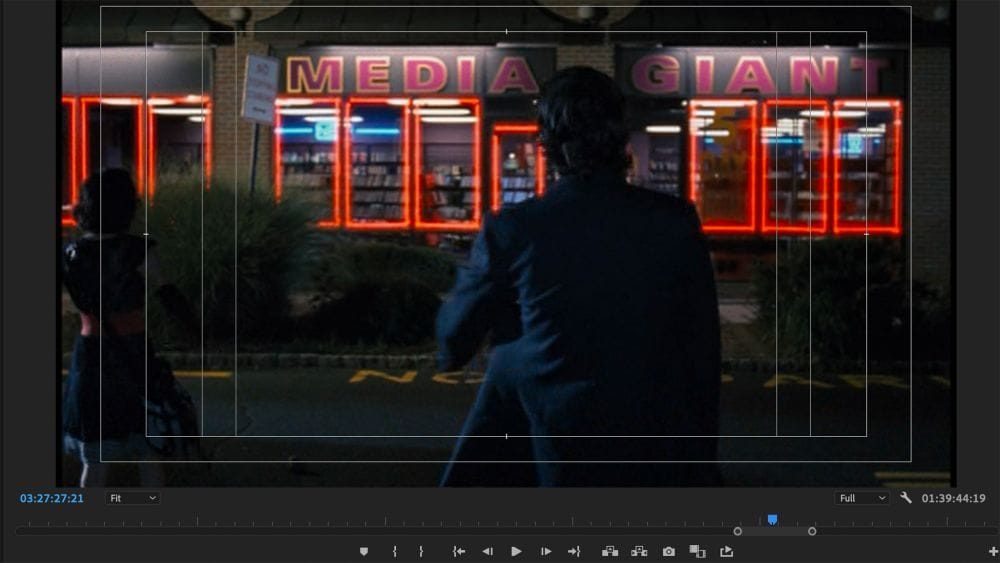
We learn of the first time home video tape was represented on screen in a movie, and how it evolved. We get guided through the cheap thrills, sexuality and horror that seemed like the overwhelming reputation of video—graphic orgies of blood and gore as the narration gloriously describes it. See also my review of Alexandre O. Philippe’s Chain Reactions about The Texas Chain Saw Massacre, a pivotal title in the video revolution, that gets referenced several times. It speaks to how the video tape and the Video Cassette Recorder (sometimes independently, sometimes in tandem) became spectres of evil (Remote Control! Videodrome!) and how on-screen depictions of video stores often gave viewers insights into the world of movies and cinephilia they may have never considered before.
I did wish that Perry hadn’t chosen Maya Hawke for the narration. Or perhaps chose multiple voices for some variety. They could have gotten Ethan, too! Hawke speaks in the sort of flat monotone that is preferred by many of these sorts of essays (a biproduct of Thom Anderson’s Los Angeles Plays Itself, perhaps). With the added benefit of vocal fry, I thought it was Zooey Deschanel. Which, honestly, would have made a lot more sense, because Hawke would have barely been old enough to have experienced the tail end of any of what she talks about. But, I suppose, she plays a video store employee on Stranger Things and maybe her dad took her to Videots or Kim's Video. And speaking of which, despite Perry’s script wading into themes of the video store’s demise at the hand of streaming (even using a direct quote from Paul Soter’s Watching the Detectives to signpost it) and the way these locations are used purely as creative nostalgia for filmmakers to easily represent ‘the past’, it's almost too timid to really go there.
This is emblematic of Videoheaven’s major flaw, which is the script. Adapted/inspired by Daniel Herbert’s monograph Videoland: Movie Culture at the American Video Store, maybe it was just that the first half is so fast-paced and entertaining in its clip-hopping approach to collage (editor Clyde Folley does strong work) that I didn’t notice it so much? But when at the 150-minute mark the idea of a “video store canon” is introduced, I kind of queried why that wasn’t, perhaps, the lead of the entire project. And it gets messier, choosing to focus more extensively on individual titles. Movies like the aforementioned Watching the Detectives, James Westby's Film Geek and Marianna Palka’s Good Dick seem like odd titles to devote so much time to. Their only real significance being how late they came in the cycle of films about video stores. Michel Gondry’s Be Kind Rewind makes more sense, as does Cheryl Dunye’s masterful The Watermelon Woman, but they and Videoheaven would have been better served to have been more naturally integrated into the narrative. This suggests an In Search of Darkness style compilation documentary that I don’t think we needed (but would have watched the shit out of, naturally), but it’s symbolic of a script that probably needed a more clarifying rewrite. You probably shouldn’t be leaving out vital information while repeating and contradicting others that you said earlier. There are just so many more crevices in which to explore, and I wished we hadn’t have spent so long on embarrassing Jersey Girl or Clerks 3 clips. I mean, I can’t believe we didn’t get any of Margaret Cho’s “beaver fever” stand-up!
And yet, I can’t deny that I was more or less entertained for all of its three hours. And I am not too proud to admit that Videoheaven got the nostalgia centre of my brain working overtime. After all, I have visited those video store pop-ups! My Bluesky profile picture is from one of them. I definitely feel like the amount of time I spent walking the aisles was equivalent to how long professional athletes spend warming up and preparing for big sporting events. I do remember that DVD commercial that was the future. I’ve certainly spent far more hours of my life watching bad movies from the video store to feel like I wasted my time watching a documentary about them (the stores, not the movies). I really appreciated the repeated Troma references, too. Like, a little game within a movie. Can you spot them all? Like pokemon. No matter what level of film-lover you are, there’s a charm to Videoheaven that ultimately works as an ode to an important and unique part of our lives as filmlovers and cinephiles and the culture more generally. I just wish it had been more consistent in its filmmaking.
If you would like to support documentary and non-fiction film criticism, please consider donating by clicking the above link. Any help allows me to continue to do this, supports independent writing that is free of Artificial Intelligence, and is done purely for the love of it.
